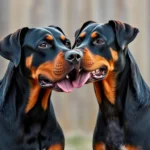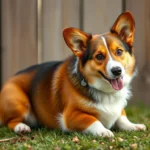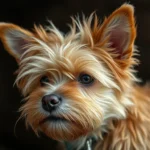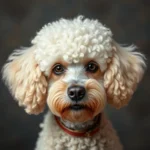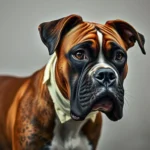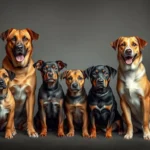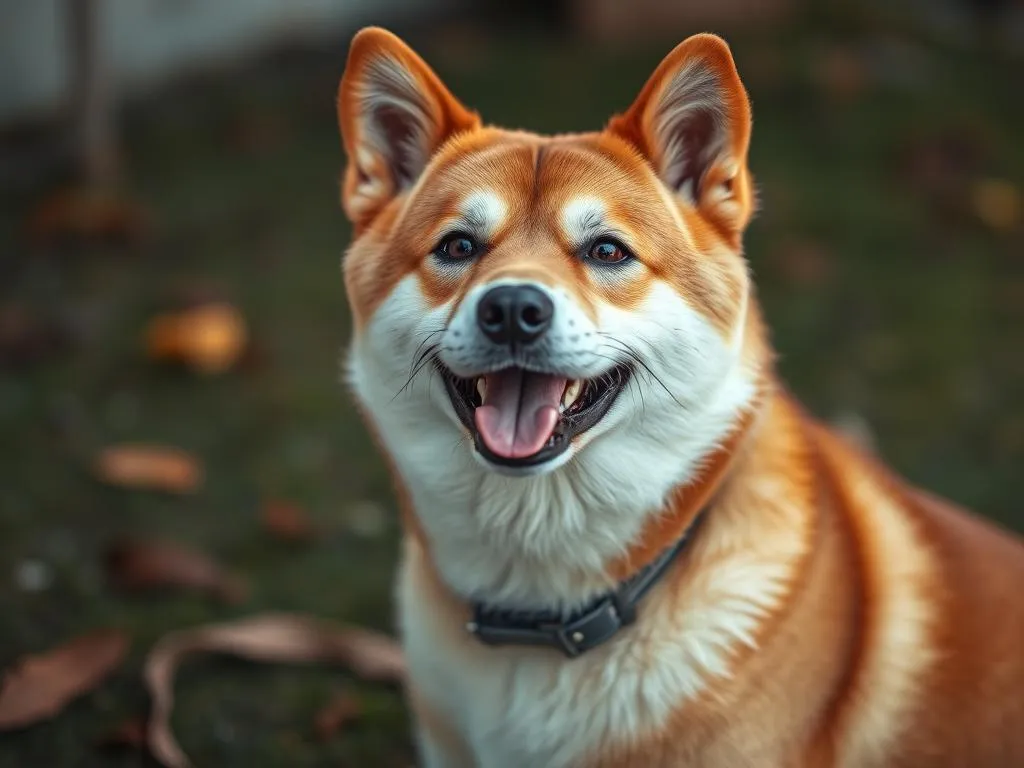
Introduction
The Shiba Inu is a charming and spirited breed that has gained popularity worldwide, known for its fox-like appearance and spirited personality. With its origins in Japan, this breed is celebrated for its independence, intelligence, and loyalty. However, when considering bringing a Shiba Inu into a home with other dogs, it’s essential to understand their temperament and behavior around fellow canines.
Understanding dog compatibility is crucial for harmonious living in multi-dog households. This article will explore whether a Shiba Inu will be good with another dog by delving into their characteristics, socialization needs, typical behaviors, and tips for successful introductions.
Understanding the Shiba Inu Breed
History and Origins
The Shiba Inu is one of the oldest and smallest native Japanese dog breeds. Originally bred for hunting small game, these dogs are known for their agility and keen senses. They were developed to be independent and capable of making decisions in the field, which contributes to their sometimes aloof demeanor.
As companion animals, Shiba Inus have remained a beloved breed in Japan and beyond. Their rich history as both hunters and companions makes them unique, and understanding this background is vital when assessing their compatibility with other dogs.
Key Characteristics
The Shiba Inu typically weighs between 17 to 23 pounds and stands about 13.5 to 16.5 inches tall. They have a double coat that can be red, sesame (red with black-tipped hairs), black and tan, or cream. Their erect ears and curled tails add to their distinctive appearance.
Temperament-wise, Shiba Inus are often described as spirited and confident. They possess a strong sense of independence, which can sometimes be misinterpreted as stubbornness. This breed is known for being alert, making them excellent watchdogs, but they can also be reserved with strangers.
In terms of energy levels, Shiba Inus are moderately active. They require regular exercise, including walks and playtime, to stay healthy and happy.
Socialization Needs
Early socialization is crucial for Shiba Inu puppies to foster positive interactions with other dogs and people. Exposing them to various environments, sounds, and experiences helps them develop into well-rounded adults. Recommended socialization practices include:
- Puppy classes: Join classes that allow young dogs to interact in a controlled setting.
- Playdates: Arrange playdates with friendly, vaccinated dogs to promote positive interactions.
- Public outings: Take your puppy to parks, pet stores, and other dog-friendly places to expose them to different sights and sounds.
By investing time in socialization, you’re more likely to have a Shiba Inu that is comfortable and well-mannered around other dogs.
General Dog Behavior and Compatibility
Dog Behavior Basics
Dogs are social animals that thrive on interaction, but their social structures can be complex. Understanding canine hierarchies and behaviors is vital when introducing a Shiba Inu to another dog. Dogs communicate primarily through body language, vocalizations, and behavior patterns.
Signs of Dog Compatibility
When assessing compatibility, pay attention to a dog’s body language. Signs of friendly behavior include:
- Relaxed posture
- Wagging tail (held at a neutral or higher position)
- Play bow (front legs stretched forward)
Conversely, aggressive or fearful signals can include:
- Raised hackles
- Stiff body posture
- Barred teeth or growling
Understanding these cues can help you gauge whether a Shiba Inu will be good with another dog.
Factors Affecting Compatibility
Several factors influence dog interactions, including:
- Age: Puppies tend to be more adaptable, while older dogs may be set in their ways.
- Size: Size differences can impact play styles and aggression levels.
- Breed differences: Certain breeds have inherent traits that may make them more or less compatible.
- Individual personality: Each dog’s temperament plays a significant role in their interactions.
Recognizing these factors can help create a more harmonious environment when introducing a Shiba Inu to another dog.
Shiba Inus and Other Dogs
Typical Shiba Inu Behaviors Around Other Dogs
Shiba Inus exhibit a mix of playful and aloof behaviors. While they can be sociable, they may also display territorial instincts, particularly if they perceive another dog as a threat to their space or resources. This breed often prefers to observe before engaging, which can be mistaken for disinterest or standoffishness.
When interacting with other dogs, Shiba Inus may engage in playful behavior, but they can also become possessive over toys or food, leading to potential conflicts.
Case Studies: Shiba Inus with Other Breeds
Success in multi-dog households often depends on the breeds involved. Here are some examples:
-
Shiba Inu and Labrador Retriever: These two breeds can have a great dynamic due to the Labrador’s friendly nature and the Shiba’s playful spirit. Many owners report positive interactions as long as both dogs are properly socialized.
-
Shiba Inu and Yorkshire Terrier: While the size difference may raise concerns, these two breeds can coexist well. The smaller Yorkshire may adopt a submissive play style that the Shiba appreciates.
However, conflicts can arise, particularly with larger or more dominant breeds. For instance, Shiba Inus may have difficulties with breeds known for their assertiveness, like Rottweilers or Pit Bulls, especially if not socialized from a young age.
Tips for Introducing a Shiba Inu to Another Dog
Introducing a Shiba Inu to another dog should be done gradually and thoughtfully. Here is a step-by-step guide:
-
Choose a neutral territory: Introduce the dogs in a neutral area, such as a park, to reduce territorial behavior.
-
Use leashes: Keep both dogs on leashes initially, allowing for controlled interactions.
-
Observe body language: Watch for signs of comfort or discomfort. If either dog appears stressed, it may be best to separate them and try again later.
-
Short interactions: Start with brief meetings, gradually increasing the duration as both dogs become more comfortable.
-
Positive reinforcement: Reward both dogs with treats and praise for calm behavior during interactions.
By following these steps, you increase the likelihood of a successful introduction.
Potential Challenges
Common Issues Faced by Shiba Inu Owners
While Shiba Inus can coexist with other dogs, challenges may arise. Common issues include:
-
Jealousy: Shiba Inus may become possessive over toys, food, or attention, leading to rivalry with other dogs.
-
Reactivity: This breed can react negatively to unfamiliar dogs or environments, resulting in barking or aggressive behavior.
Behavioral Problems and Solutions
If you encounter aggression or fearfulness, consider these solutions:
-
Consult a professional: Work with a trainer experienced in Shiba Inu behavior to address specific issues.
-
Behavior modification: Implement training techniques to reshape negative behaviors, focusing on positive reinforcement.
-
Controlled environments: Gradually expose your Shiba Inu to new dogs and environments to build confidence.
By addressing these challenges early, you can foster a more harmonious relationship between your Shiba Inu and other dogs.
Success Stories and Testimonials
Positive Experiences from Shiba Inu Owners
Many Shiba Inu owners share success stories of their dogs living harmoniously with others. One owner recounted how their Shiba Inu became inseparable from a rescue dog, noting that the key was consistent socialization and shared playtime.
Another owner highlighted the importance of patience, stating that after a few months of gradual introductions, their Shiba Inu learned to trust their new canine companion.
Expert Opinions
Dog trainers and behaviorists often stress the importance of early socialization and positive reinforcement. They recommend that prospective owners observe their Shiba Inu’s interactions closely, allowing for adjustments as needed. Experts also suggest regular training sessions to strengthen the bond and ensure good behavior around other dogs.
Conclusion
In summary, while Shiba Inus can be good with other dogs, success largely depends on individual temperament, socialization, and the introduction process. These spirited dogs can live harmoniously with others when given the right environment and guidance.
Responsible ownership, including understanding the needs of your Shiba Inu and the dogs around them, is crucial for fostering positive relationships. As prospective owners consider adding a Shiba Inu to their family, they should evaluate their lifestyle and environment to ensure that both the Shiba Inu and any existing pets can thrive together.
By prioritizing socialization and using thoughtful introductions, you can help ensure that your Shiba Inu will be a wonderful companion to other dogs, creating a joyful and dynamic household.

